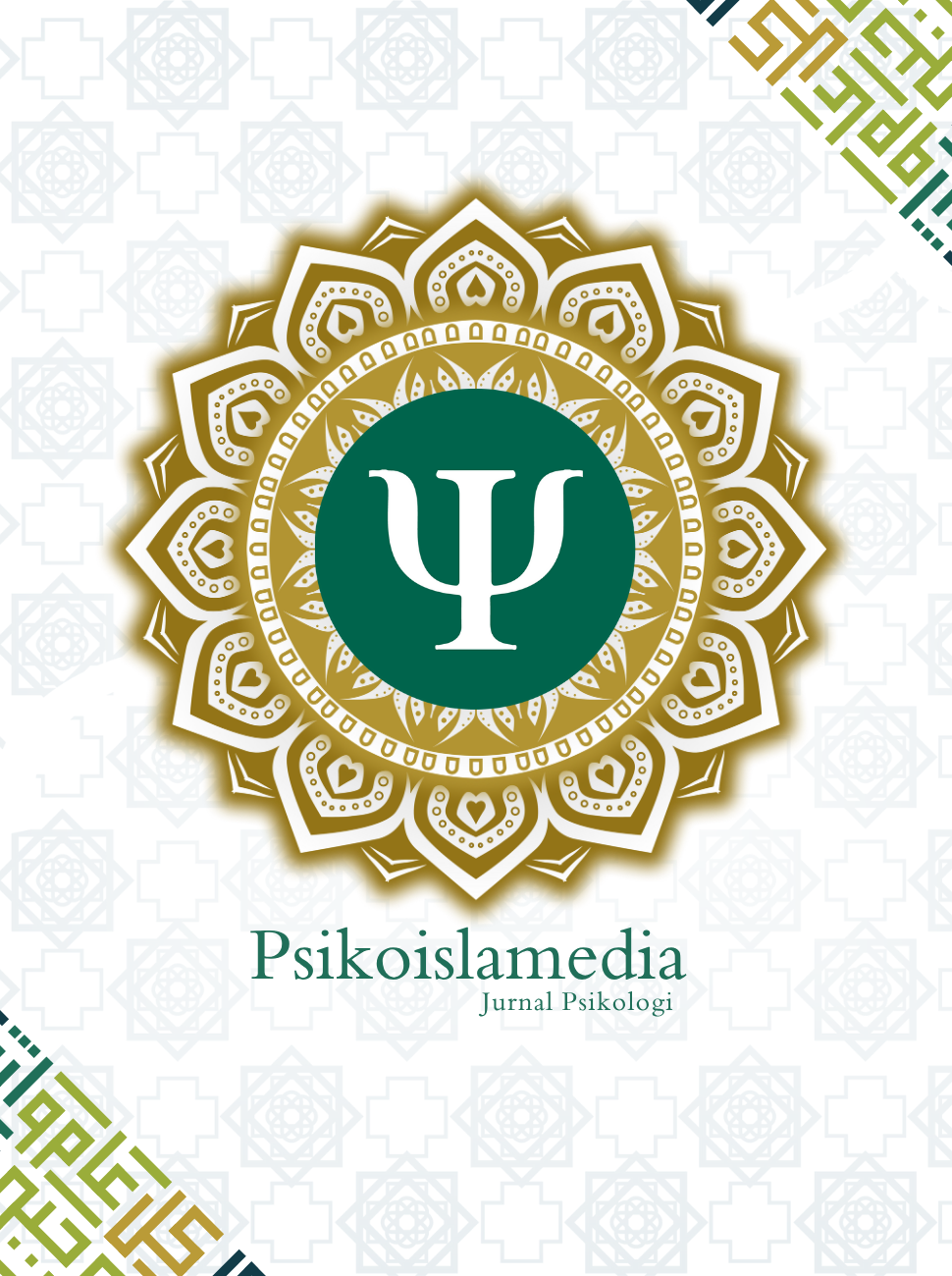Psychometric Evaluation of The Walsh Family Resilience Questionnaire (WFRQ) Using the Rasch Model
DOI:
https://doi.org/10.22373/psikoislamedia.v10i2.32018Abstract
The Walsh Family Resilience Questionnaire (WFRQ) is a widely used instrument for measuring family resilience in various cultural contexts. However, research on its psychometric quality using the Rasch model approach is still limited, especially in Indonesia. This study aims to examine the item fit, unidimensionality, difficulty level, and reliability of the WFRQ by involving 355 adult respondents living with their nuclear or extended families. Data analysis was performed using WINSTEP software. The results show that most WFRQ items meet the fit criteria with Mean Square (MNSQ) values ranging from 0.5 to 1.5. Two items (8 and 20) were eliminated because they did not meet the fit criteria. The reliability value was excellent, with a person reliability of 0.94 and an item reliability of 0.96. The Wright Map showed that the majority of respondents were at a moderate to high level of resilience, while the item difficulty level was relatively low, making the instrument easy for respondents with high resilience.
Keywords: Rasch model, WFRQ, Psychometrics
Downloads
Published
Issue
Section
License
Copyright (c) 2025 Muhammad Qori Al Fatah, Suprananto, Cut Rizka Aliana

This work is licensed under a Creative Commons Attribution-ShareAlike 4.0 International License.
Authors who publish in this Journal agree to the following terms:
- Authors retain copyright and grant the journal right of first publication with the work simultaneously licensed under Attribution-ShareAlike 4.0 International (CC BY-SA 4.0) allows others to share the work with an acknowledgment of the work's authorship and initial publication in this journal.
- Authors are able to enter into separate, additional contractual arrangements for the non-exclusive distribution of the journal's published version of the work (e.g., post it to an institutional repository or publish it in a book), with an acknowledgment of its initial publication in this journal.
- Authors are permitted and encouraged to post their work online (e.g., in institutional repositories or on their website) prior to and during the submission process, as it can lead to productive exchanges, as well as earlier and greater citation of published work. (See The Effect of Open Acces)














